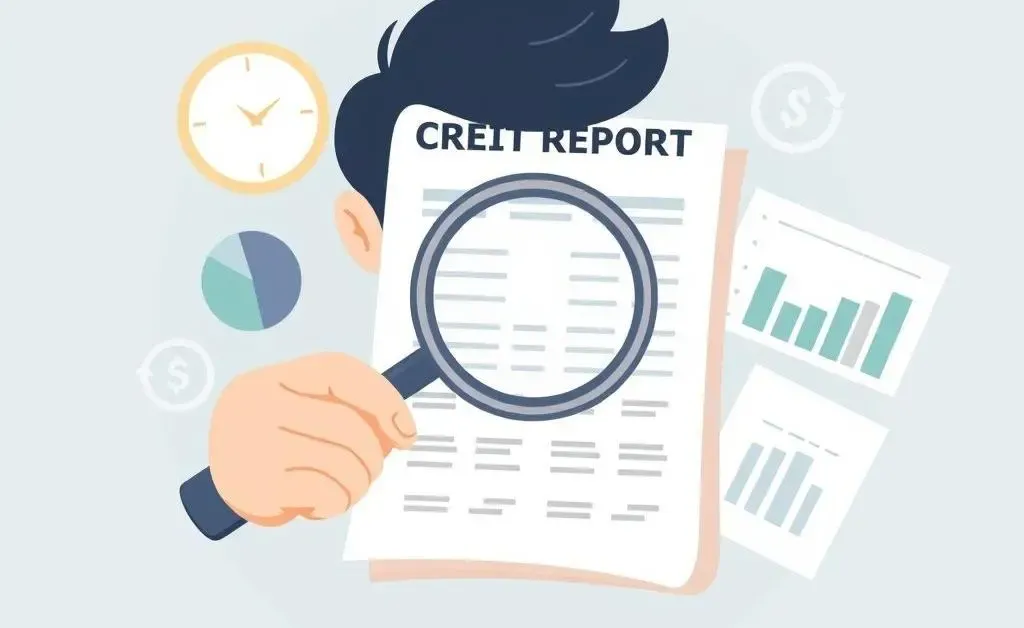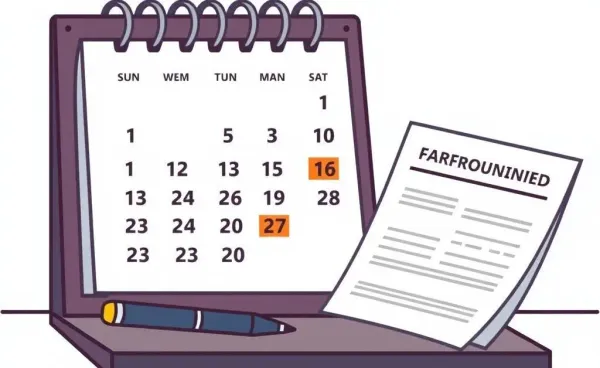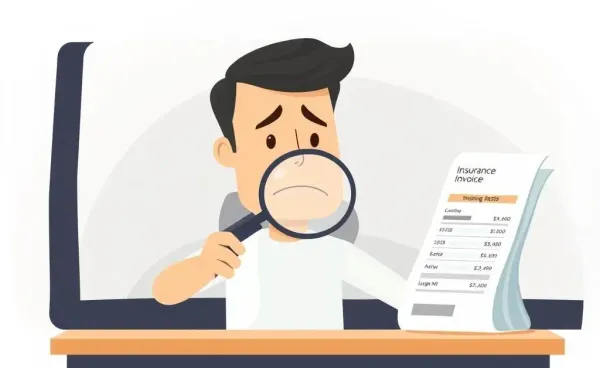Unlocking the Mystery of Credit Scores: A Simple Guide
Discover how to check and understand your credit score easily.

Let's Demystify Credit Scores
Have you ever wondered how some folks just seem to have a knack for managing their finances, effortlessly maintaining a stellar credit score? Maybe you've tried to peek at yours, only to be met with a maze of numbers and unfamiliar terminology. You're not alone! Understanding your credit score is like unlocking a secret code that can open doors to a world of financial opportunities. Let's take this journey together, starting with the basics of checking that all-important number.
How to Check Your Credit Score for Free
The first step to mastering your credit score is knowing it. Believe it or not, it doesn't always require a complicated process or payment to check your score. Here are some accessible and straightforward options:
- Online Services: Various online platforms provide free access to your credit score. Services often teamed up with credit bureaus to offer this feature.
- Credit Card Providers: Many credit card companies offer free credit score updates as a customer benefit.
- Annual Reports: You're entitled to a free credit report from each of the major credit bureaus once a year. This doesn't directly give your score, but you can see your credit activity.
Now, let me share a little anecdote. A friend of mine, a self-proclaimed financial novice, was initially terrified of knowing her credit score, thinking ignorance was bliss. However, once she peeked behind the curtain using one of those online services, she not only understood her financial standing but also identified areas to polish her financial habits. Her initial fear quickly transformed into empowerment!
Decoding Your Score: What's in the Numbers?
Imagine your credit score as your financial report card. Scores usually range from 300 to 850, with numbers above 700 considered good. Several factors influence this number, such as:
- Payment History: This accounts for 35% of your score. Late payments can be a real bummer.
- Credit Utilization: How much debt you have compared to your credit limits matters (30%).
- Credit History Length: Longer is often better, accounting for 15%.
- New Credit Accounts: Opening new accounts affects your score (10%).
- Credit Mix: A blend of credit types (credit cards, loans) is healthy (10%).
Understanding these components can help you strategize your financial activities much like a chess game – predicting the best move to uphold your score.
Seeing Beyond the Numbers
Your credit score is more than just a number. It's about your financial journey and growth. Check it periodically, celebrate the small victories of paying down debt, and learn from past mistakes without letting them define you. The goal isn’t perfection but progress.
Ready to Take the Next Step?
With newfound understanding, what's your next financial goal? Whether it's enhancing your credit score, budgeting for a big purchase, or staying informed, let's keep this conversation going. What do you want to explore next on your path to financial well-being?




